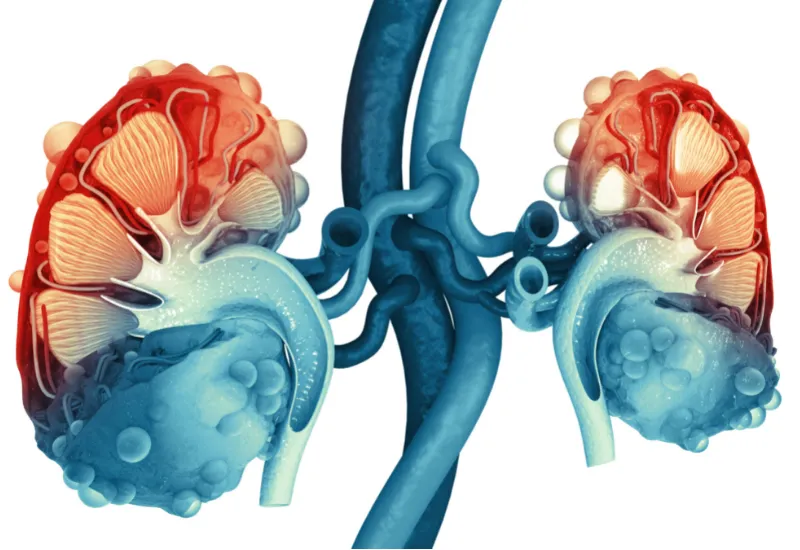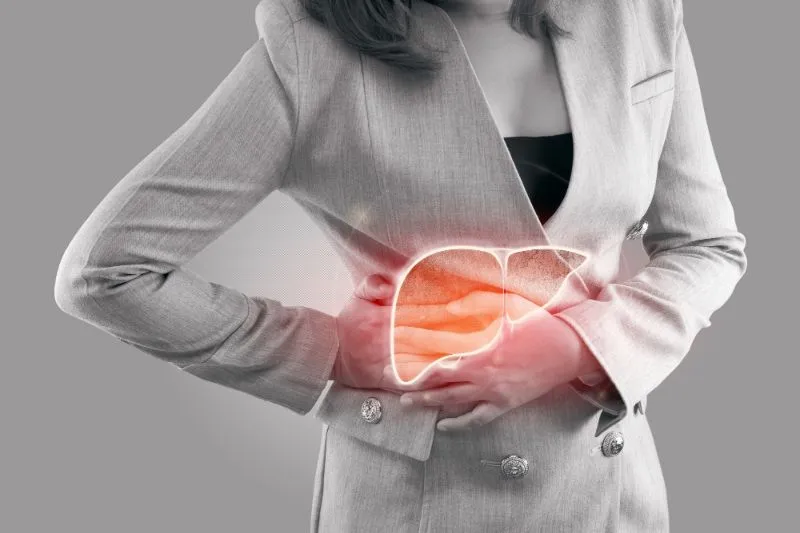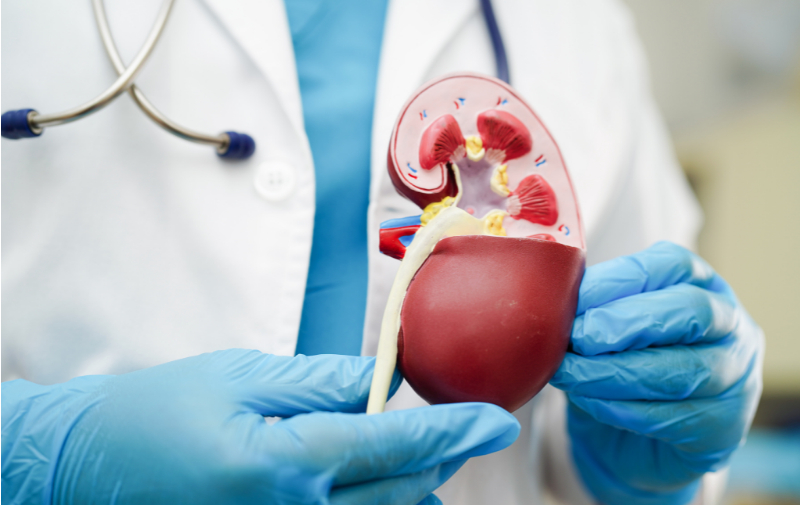Please note that these services are not intended for any emergency medical situations. If you are having a life-threatening or serious condition that may require hospitalization, including, but not limited to, high-grade fever; low or high blood pressure; active serious infection, including, but not limited to, COVID; chest pain; shortness of breath; severe pain; or stroke-like symptoms, please call 911 immediately or go to a nearby emergency center as quickly as possible.
If you do not have a physician's order for labs or non-invasive radiology services, you may request it through our network of affiliated physicians/providers in selected states for an additional non-refundable fee, as listed (asynchronous consultation). Please note that an asynchronous consultation or physician-order service for diagnostics is not available for radiology tests requiring IV contrast. Patients needing a diagnostic study with IV contrast must complete an online visit with our physician first and, likely, will also need to have a lab test for their kidney function before a diagnostic study with IV contrast can be scheduled.
Once you request our provider or physician's order service, you will receive an email from us inquiring more details about your medical history. Based on the information you provide, one of our affiliated physicians or providers will make a determination about processing the order for the requested service. In some cases, as determined by our affiliated medical team, you may be required to provide additional clinical information or may be asked to have a more detailed online visit (an additional fee may apply) before your order can be processed. Please note that in some situations, or based on available clinical information, our team may even decide not to process the requested diagnostic order service and rather may recommend you to seek immediate medical attention in person or go to the nearest urgent care or ER. In that case, any advanced payment for the diagnostic service(s) will be refunded, but the physician's consultation or order request fee will remain non-refundable.
Please also note that any post-diagnostic service follow-up visit(s) or treatment(s) is not covered in this service fee and the ordering physician is not responsible to provide any continued care unless you sign-up for that service separately. Depending on your situation or test results, you may be advised to seek consultation with either primary care or a specialist physician (local or online) for further work-up and treatment. If you are unsure or have any questions, please call our customer support service before placing an order.
By clicking "Continue", you agree to the policy, terms, and conditions.













Pyelonephritis refers to the inflammation of the kidney, most often caused by a bacterial infection. Pyelonephritis occurs when a pathogen (microorganism causing disease) enters and grows in your urinary tract, which includes a pair of kidneys and ureters (tubes that carry urine from the kidneys to the bladder), a urinary bladder, and a urethra (a small tube that carries urine from bladder to outside of the body). The urinary system is responsible for cleaning and filtering blood and producing urine as a waste product. Most commonly, the bacteria may enter the urinary bladder and travel up to the kidneys, or less commonly, the bacteria can enter through the bloodstream. Infections of the kidney results in the appearance of the symptoms, which may include fever, chills, a burning sensation when you pee, increased frequency of urine, tummy discomfort, pain in the flanks, etc.
For better outcomes, diagnosis and treatment must be initiated earlier in the course of the disease. Antibiotics are used to treat the infection. Untreated infections can lead to complications like pus collection, kidney damage, or a life-threatening blood infection. It is preventable by following some lifestyle changes.